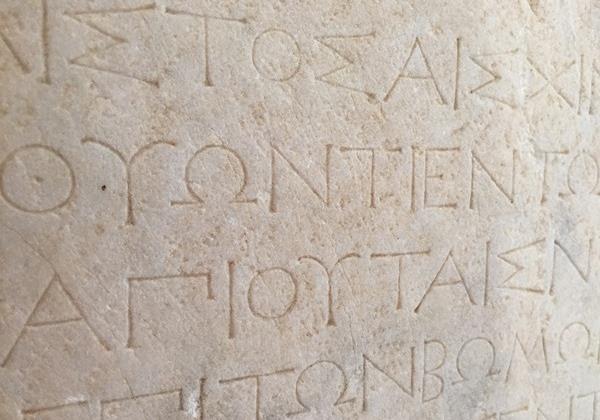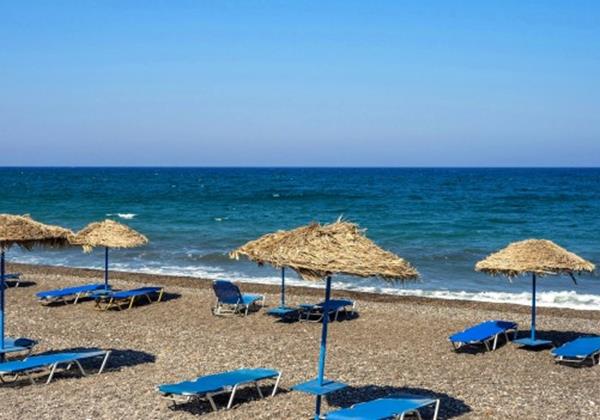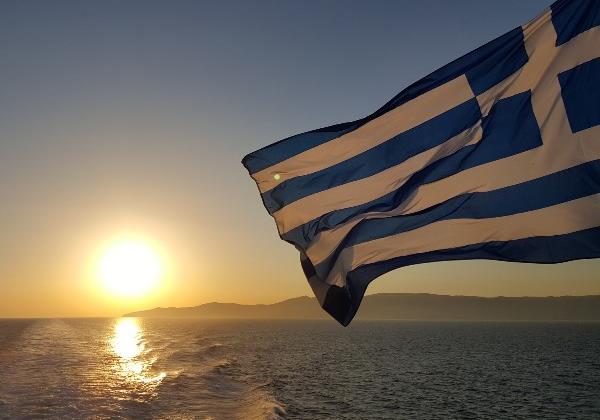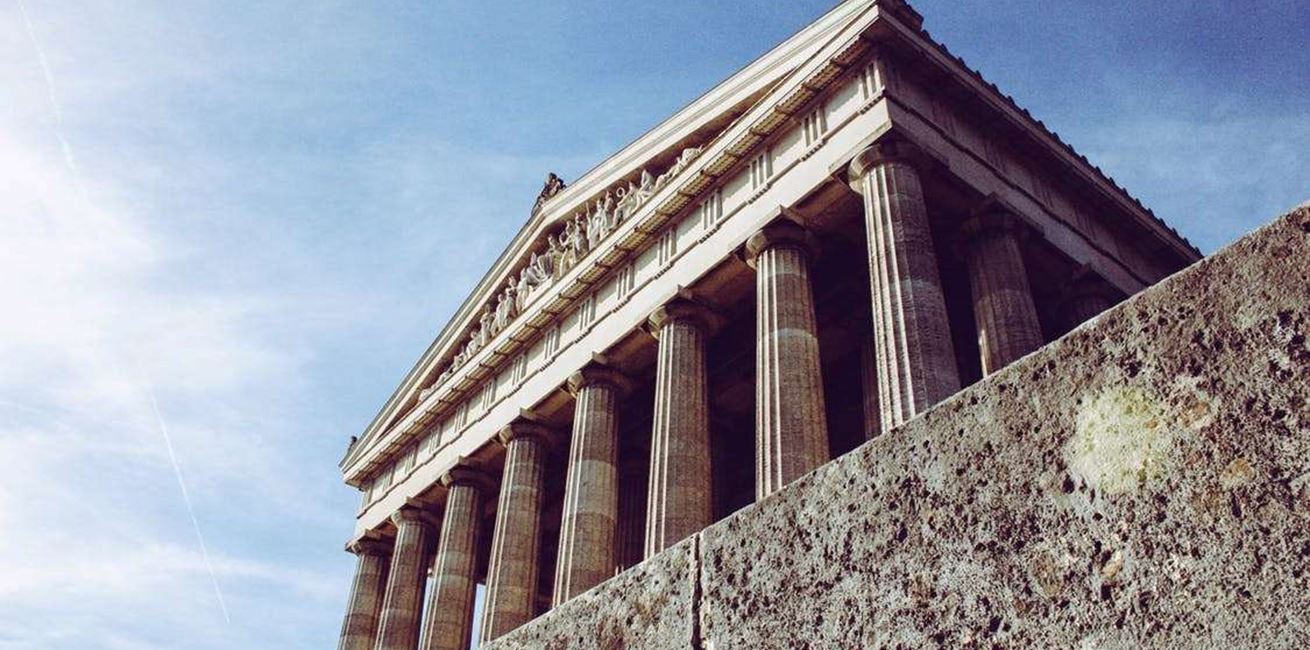

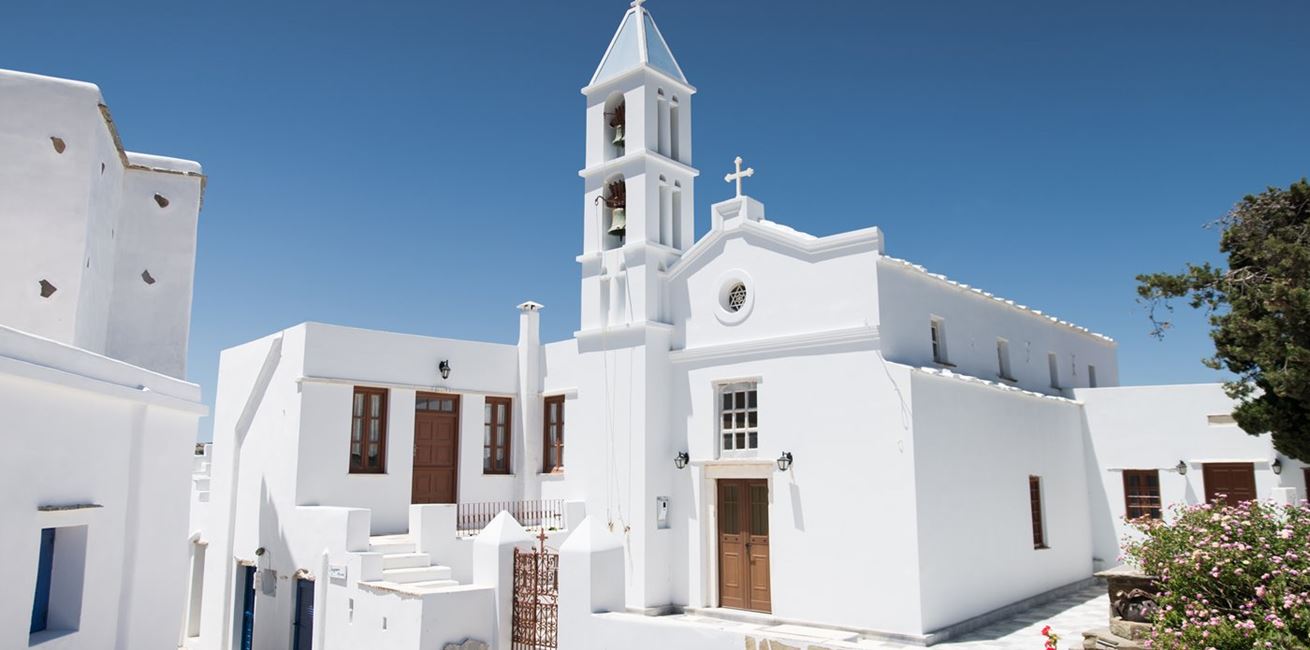
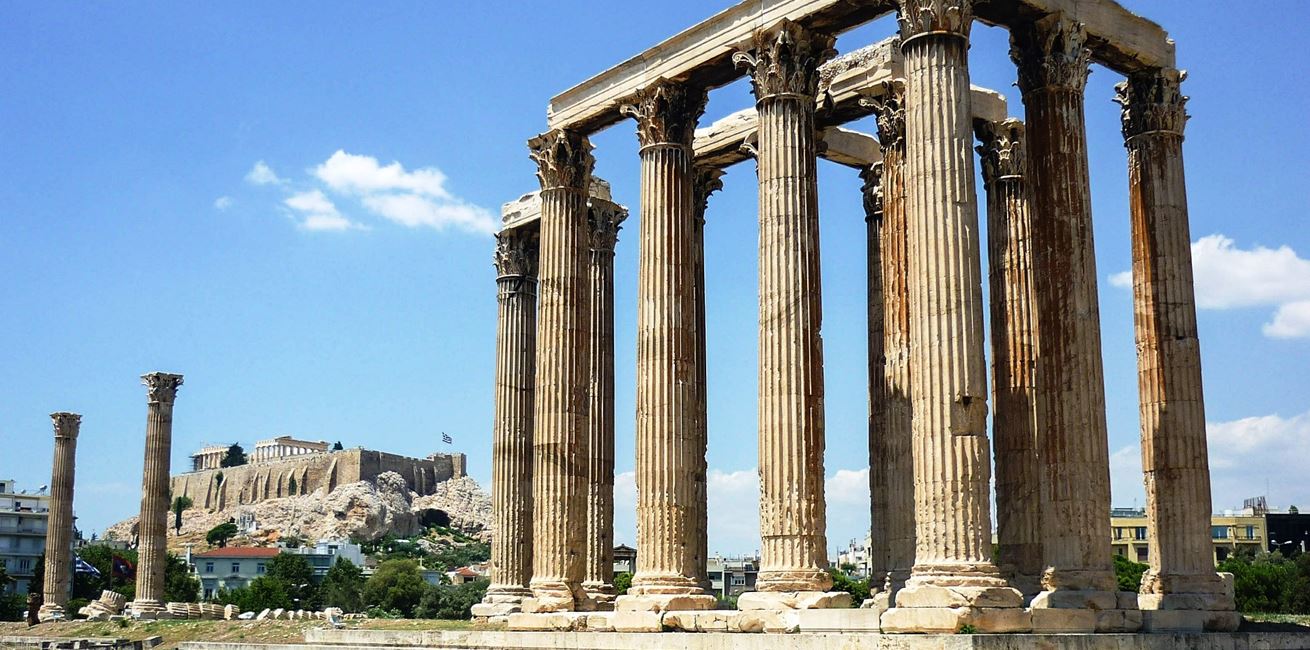
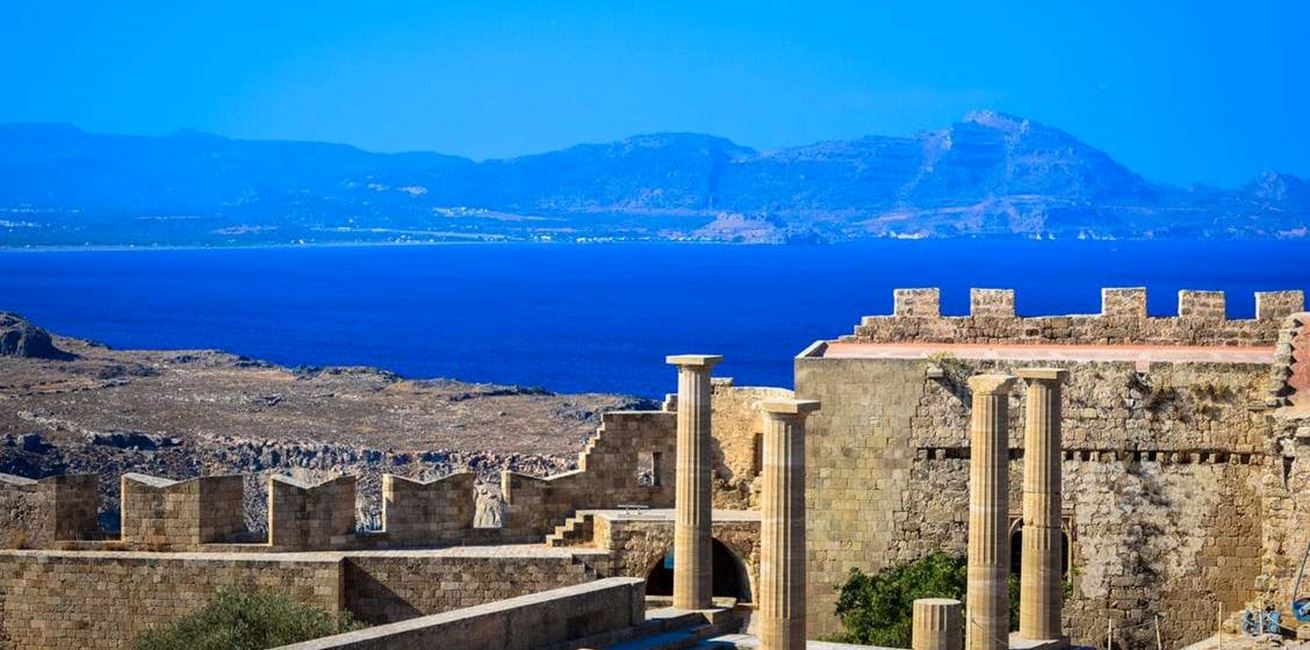
Greek history and culture
History of the Greeks
THE OTTOMAN OCCUPATION OF GREECE- 14th Century:
During the 14th century, the Ottoman Turks invaded the Balkans and Asia Minor. Constantinople (the capital of the Roman Empire) finally fell under the rule of the Ottoman Empire, this ended the time of Byzantine. The capital was renamed Istanbul by the Ottoman Turks. The Ottoman state was theocracy and its political system was based on Sultan, who had all the rights.
The Ottoman Turks divided the non- Muslim community into so called 'millets' such as Armenian, Catholic, Jewish and Orthodox. The Ottoman Turks gave the non- Muslim significant autonomy. The ruler of each millet was known as the religious leader, who was responsible for his obedience to the Sultan rules. The head of the Orthodox millet was the Ecumenical Patriarch of the Roman Empire, the highest person in the Greek Orthodox religion. They had power and played an important role to the development of the Greek Orthodox religion and culture.
The Ottoman Empire had a much decentralised administration (they were in the process of redistributing or dispersing functions and powers away from a central location or authority). They had designated local military leaders. Later on, the Ottoman Empire was divided into regions ruled by 'Pashas'. All official contact was limited to tax collection and military conscription. The Ottoman's new system discriminated againt the non- Muslim population. They imposed special taxes like a head tax and tax of freedom towards them.
The Orthodox priests and Christian primates collected taxes and maintained good order. However, the Greek Orthodox Church was greatly responsible for keeping the Greek language and traditions alive, nearly for four centuries.
THE GREEK WAR OF INDEPENDENCE 1821 -1832:
The official date for the Declaration of Greek Independence is March 25th, 1821. Each year it is celebrated on the same date. An independent Greece was announced on February 3rd, 1830 in the London Protocol (articles of London). The Kingdom of Greece was formally instituted in May 1832 in the Convention of London.
March 25th, 1831, after 400 years of the Ottoman rule, the modern state of Greece came into existence after a long hard fought decade of war of independence. The beginning of the rebellion originally dated back to 1814. The formal revolt began in March 25th, 1821 in Kalavytria.
There was many revolts against the Turkish occupiers, it broke out in the Peloponnese and in the Aegean islands by fierce guerrilla fighters, seeking to return Greece back to its state of freedom. A year later the rebels gained key locations in the Peloponnese and the independence of Greece was announced in January 1822.
The independence created a new feeling of love for Greece from foreigners all over Europe. Many of them also came in Greece to fight and die for the country, the most famous was the English poet Lord Byron.
There was pure determination of the Greek freedom fighters and their Philhellene supporters, they eventually won the support of the great powers such as Russia, Britain and France. These great powers asked the Turkish Sultan to relent in its occupation of Greece. The Turkish government refused, however after many years of conflict, a final battle took place. Russia, Britain and France sent their naval fleets to Navarino Bay and they destroyed the Egyptian fleets that were helping the Turkish occupiers. This was the coup de grace that led to Greece gaining its independence!
THE DERIVATION OF THE NAME "GREECE":
The name Greece comes from the Latin geographical description of Magna Gracia (a region of southern Italy) so called for its transformation Greek settlements, monuments and culture. Greece is also referred to as "Hellas" or "Ellatha." Its official language is Modern Greek, although many other languages are spoken in Greece today, meaning the country is extremely tourist friendly. Its capital and largest city is the vibrant and growing metropolis of Athens. The government of Greece is organized as a Parliamentary republic. The country is currently operating under its constitution dating to 1975, referred to as the "Third Republic."


